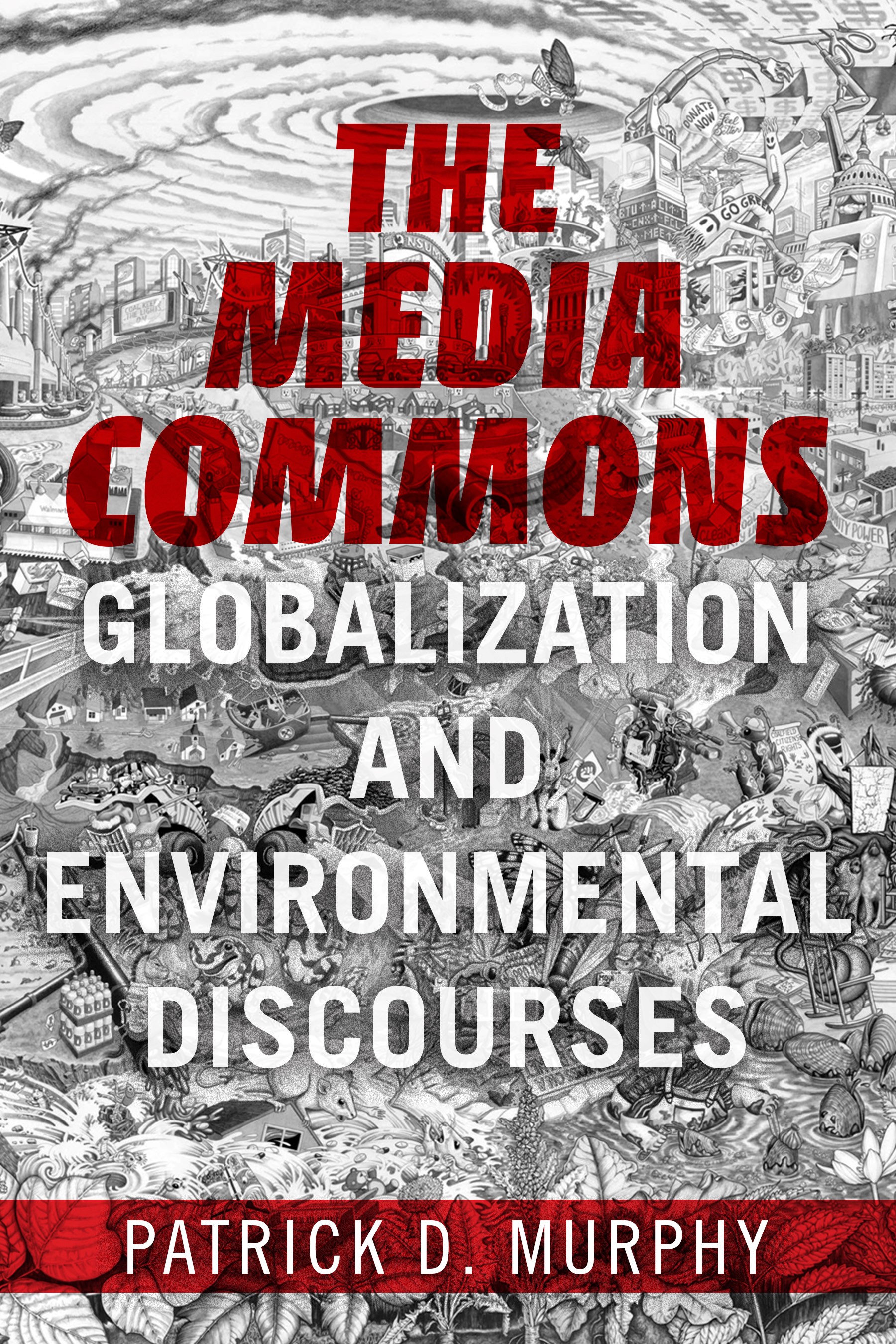From Limits to Buen Vivir: Communication and the Politics of Environmental Transition
Environmental communication scholars have asserted that despite the mounting ecological, social and political challenges caused by human-driven climate change, mainstream communication practices have largely constrained action by rendering an oddly depoliticized vision of environmental politics that places people in passive roles (Caravalho, van Wesser & Maeseele, 2017). This has particularly been the case in the West, where commercial media messages typically reduce environmental policy-making to technocratic, expert lead decision making, which marginalizes citizens by privileging market-based solutions “that demobilize, discourage and delimit citizen political engagement” (p. 129). In contrast to these practices, parts of the Global South have recently witnessed the forceful emergence of environmental “transition discourses” (TDs), which confront citizens with a radical rethinking of the human relationship with the earth: First, by directing attention to the unsustainable practices encouraged by models of social life that promote consumer identities, material accumulation, and the notion that perpetual growth equals progress. Second, by calling for “a profound cultural, economic, and political transformation of dominant institutions and practices” (Escobar, 2014, p. 454). Most TDs have emerged in relation to social movements and the experiences of marginalized groups, and so are typically community and/or activist driven, culturally rooted, and action-oriented. The most salient of these are associated with the Rights of Nature, de-growth, post-development, and different forms of green radicalism (e.g., environmental justice, ecofeminism).
Murphy provides a preliminary map of the range and ontological underpinnings for TDs, and examines how they have moved beyond their place-based origins to achieve regional and even global recognition through the elaboration of alternative media networks, social media and media events designed to politicize environmental communication.

About the Speaker

Patrick D. Murphy (Ph.D., Ohio University) is Associate Dean for Research and Graduate Studies and Associate Professor in the Department of Media Studies and Production in the Klein College of Media and Communication at Temple University. He is the former chair of the Department of Media Studies and Production in the Klein College and former chair of the Department of Mass Communications at Southern Illinois University Edwardsville. His teaching and research interests include global media, media and the environment, documentary media, ethnographic method, and Latin American media and cultural theory. Murphy is author of The Media Commons: Globalization and Environmental Discourses (University of Illinois Press, 2017), and is co-editor of Negotiating Democracy: Media Transformation in Emerging Democracies (SUNY, 2007) and Global Media Studies (Routledge, 2003), and his work has appeared in Environmental Communication; Communication, Culture and Critique; Global Media and Communication; Communication Theory; Popular Communication; Cultural Studies; Journal of International Communication; and Qualitative Inquiry, as well as chapters in many edited books. He has also translated into English articles by some of Latin America’s most prominent communication scholars. Currently he is working on a book about media activism and environmental transition discourses.
Environmental Speaker Series
The Environmental Speaker Series is hosted by the College of the Environment at Western Washington University.
The Series is free and open to the public. Talks are held each Thursday at 4:30 pm in Academic Instructional Center West room 204 - AW-204. Talks will also be streamed via zoom. Register with the Alumni Association for the zoom link. Paid parking is available in lot C.
Learn more about the Environmental Speaker Series
Subscribe to the Email List